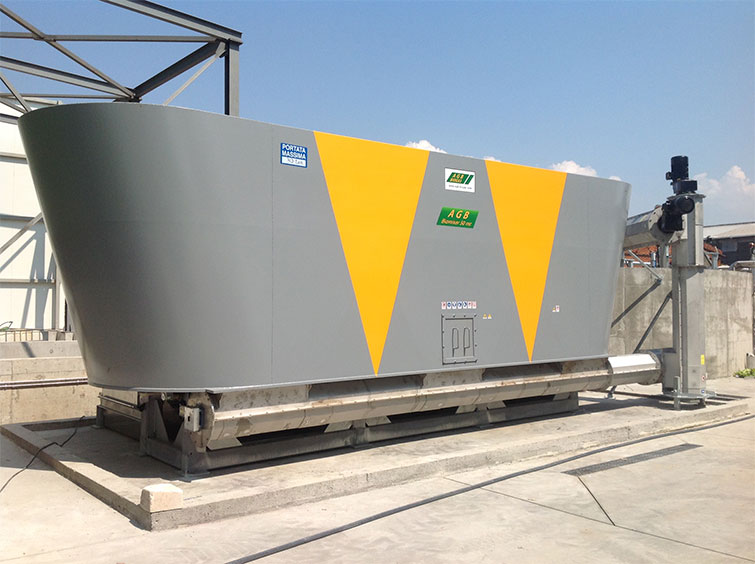Access to clean and reliable energy is crucial for economic growth and development in Africa. However, the continent faces a significant energy crisis, with over 600 million people without access to electricity. Traditional energy sources such as coal, oil, and gas are facing environmental and economic challenges. In this context, renewable energy sources such as biogas are gaining momentum as a sustainable and eco-friendly alternative.

Biogas is a clean and renewable energy source produced from organic waste such as animal manure, crop residue, and food waste. Biodegradable waste is fermented in a biogas generator, where it is broken down by bacteria, producing biogas and fertilizer as byproducts. The biogas can be used for cooking, heating, and electricity generation, while the fertilizer can be used to improve soil quality and crop yields.
The benefits of biogas are numerous. First, it is a reliable and cost-effective source of energy, especially in rural areas where access to electricity is limited. Biogas generators are easy to operate and maintain, and the fuel source is readily available. Biogas can also reduce reliance on fossil fuels and mitigate greenhouse gas emissions, as it is a low-carbon energy source. Moreover, biogas production can promote sustainable agriculture practices and support local economies.
Africa has significant potential for biogas production, given its abundant supply of organic waste and livestock. According to the African Biogas Partnership Programme, there are over 25 million small farms in sub-Saharan Africa, where biogas can be produced at a small scale. However, biogas adoption in Africa is still in its early stages, with only a few countries implementing biogas programs.
In Kenya, for example, the government has launched the Kenya Biogas Program, which aims to install one million biogas systems by 2030. The program provides subsidies and financing to promote biogas adoption among small-scale farmers, who can use biogas for cooking and lighting, reducing their dependence on kerosene and charcoal. The program also supports the development of biogas enterprises, creating job opportunities and supporting economic growth.
In Tanzania, the Biogas Support Programme, implemented by the Ministry of Energy and Minerals, aims to increase the use of domestic biogas as a clean and sustainable energy source. The program provides subsidies for biogas digester installations and promotes awareness among rural communities about the benefits of biogas.
In addition, private sector initiatives are also contributing to biogas development in Africa. For example, a (company name removed) project in Ghana is piloting a biogas system that transforms palm oil waste into electricity, reducing reliance on diesel generators and creating a new revenue stream for the company.
Despite these promising initiatives, challenges remain in scaling up biogas in Africa. These include limited awareness and knowledge among farmers and communities about biogas technology and its benefits, and the lack of financing and policy support for biogas enterprises. Moreover, the biogas supply chain needs to be strengthened, from waste collection to biogas distribution and utilization.
In conclusion, biogas is a promising clean energy solution for Africa, with the potential to improve access to electricity, promote sustainable agriculture, and support economic growth. However, concerted efforts are needed to overcome the challenges and scale up biogas adoption in the continent. Governments, private sector actors, and civil society organizations need to work together to promote awareness and knowledge about biogas, provide financing and policy support, and strengthen the biogas supply chain. By doing so, Africa can unlock the full potential of biogas as a sustainable and eco-friendly energy source for its people.